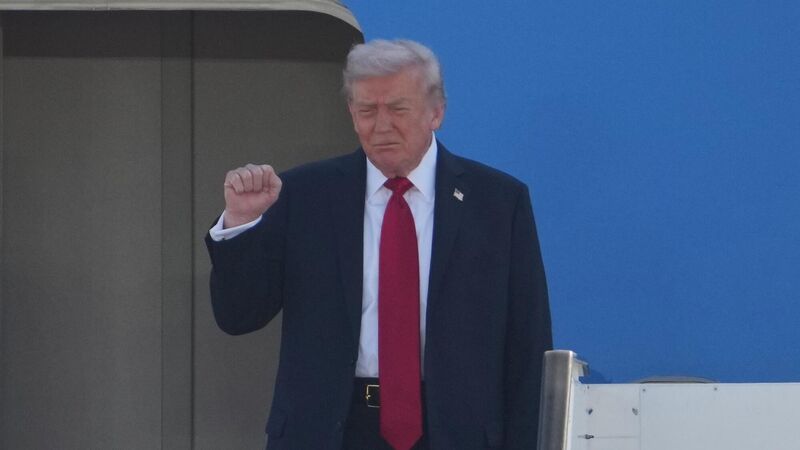Chinese investors spooked on tariff war despite Trump 'open' to talks

Chinese equities slumped and bond futures climbed, showing investors remain concerned about trade tensions even after US president Donald Trump signalled over the weekend that he’s open to talks. Picture: AP Photo/Ariel Schalit
Chinese equities slumped and bond futures climbed, showing investors remain concerned about trade tensions even after US president Donald Trump signalled over the weekend that he’s open to talks.
The main focus of negotiations between Beijing and Washington centres around export controls. The US is limiting shipments of semiconductors and AI chips needed by China, while China is curbing exports of critical materials and magnets wanted by the US.











